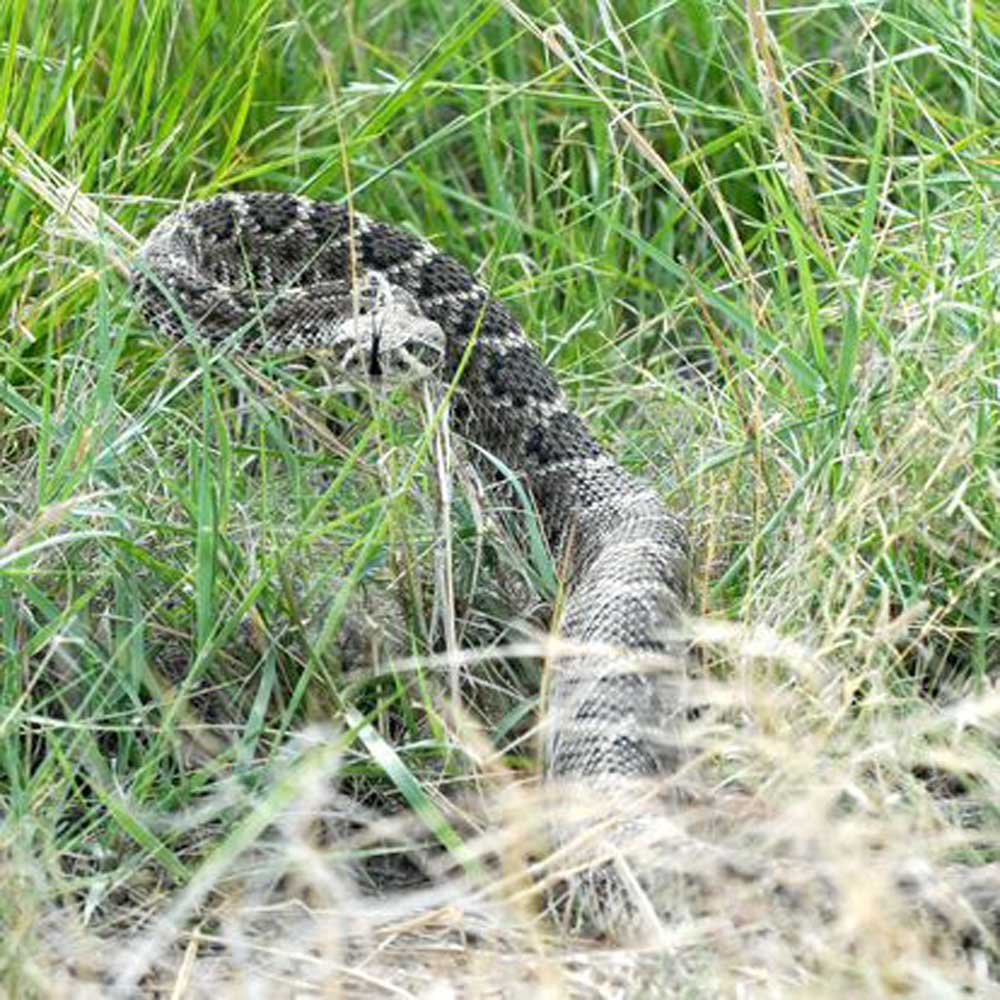Hot Dogs: Hunters need to prepare, have dogs ready for dove season
Published 10:13 pm Friday, August 16, 2024

- One Shot Retrievers kennel will hold a snake avoidance clinic Aug. 31 to help keep dogs safe during dove season. (Steve Knight/Tyler Morning Telegraph)
When dove season opens it will not only be a new year for hunters, but also for their dogs.
Whether it is a Lab, German shorthaired pointer, Boykin spaniel or whatever breed, dogs can make the hunt as everything from a retriever to companion.
Trending
While hunting dogs are traditionally associated with waterfowl and winter upland bird hunting, there are a lot of hunters that will have them in the field for September dove hunts. But that comes with concerns of overheating and snake bites.
Dog trainers understand the dangers of Texas’ heat on a dog and try to reduce the impact by reducing training time for a dog and doing the work only during early morning hours.
That thinking is something that should be carried over to the field. Dove season, especially opening day, is typically hot and often where the birds are there is not a lot of water or shade. So it is important to work a dog into shape leading up to the season as the first steps to reduce heat stress. A fat, out-of-shape dog is going to be in trouble from the start.
Then hunters need to take the lead from trainers and monitor how long and how much a dog works during a hunt. As someone who has had a dog go down with heat exhaustion, I learned how important that can be.
I was hunting north of Abilene several years ago when my Lab, Sadie, suddenly went down. She had worked several dove seasons without issue, but this time I noticed she was panting heavily. I attempted to keep her in the shade under my truck between shots, and had plenty of cool water available. It was not enough.
I was fortunate that I had parked next to a water trough full of clear, cool water and was able to set her down in it until she recovered enough to get her to a local emergency vet clinic.
Trending
Every dog is different and their ability to deal with the heat is different. And for an individual dog, its ability to handle the heat one season may change as it gets older. That is what seemed to happen to my dog, and one of the things I have learned is that once a dog suffers from heat exhaustion it is often more likely to do so again in the future.
After a second incident I learned a few tricks for field triage. One is to carry a bottle of rubbing alcohol and a rag. Rubbing the alcohol on the dog’s arm pits, belly and ears, places without fur, works because it evaporates faster than water, drawing the heat of the dog and allowing it to cool down faster.
What is not recommended is ice or ice water because they shrink blood vessels which generates more heat in the dog’s body.
The most important thing a hunter can do is watch their dog on hot days. A well-trained dog that does not break on birds is going to last longer. Hunters can also help their dog by only releasing them on their birds, and not those of others around them.
Of course it is important to have shade for them, and plenty of cool water. I know hunters who use RuffLand’s Water Hole-type water systems because they can fill it with ice and water that lasts through a morning hunt.
And be cautious about afternoon hunts when temperatures are going to be in the 90s and above. While this is a no-brainer, it is important to remember it does not require extreme heat for a dog to stroke. It can happen on any day it is over-worked.
Snakebites are another concern for early season hunters. According to reports, an estimated 300,000 dogs are bitten by snakes nationwide each year.
There are only two things hunters can do in advance to possibly prevent dogs being bitten, or to reduce the impact of a bite.
The first is a snake avoidance clinic where under controlled conditions a dog is introduced to a snake, and using shock collars taught to avoid the scent. Fortunately for area hunters One Shot Retrievers kennel near Frankston will hold its annual snake avoidance clinic beginning at 8 a.m. Aug. 31.
The clinic is open to all breeds, not just hunting dogs. Cost of the training is $100 in cash, and hunters can set up times by calling Alex Huff at 903-681-1954 or Grant Huff at 903-571-8875.
There is also a snake vaccine offered by Red Rock Biologics. Available through veterinarians, the vaccine is supposed to produce antibodies against snake venom. While it does not totally prevent injury from a bite, it has been known to lessen the impact.







